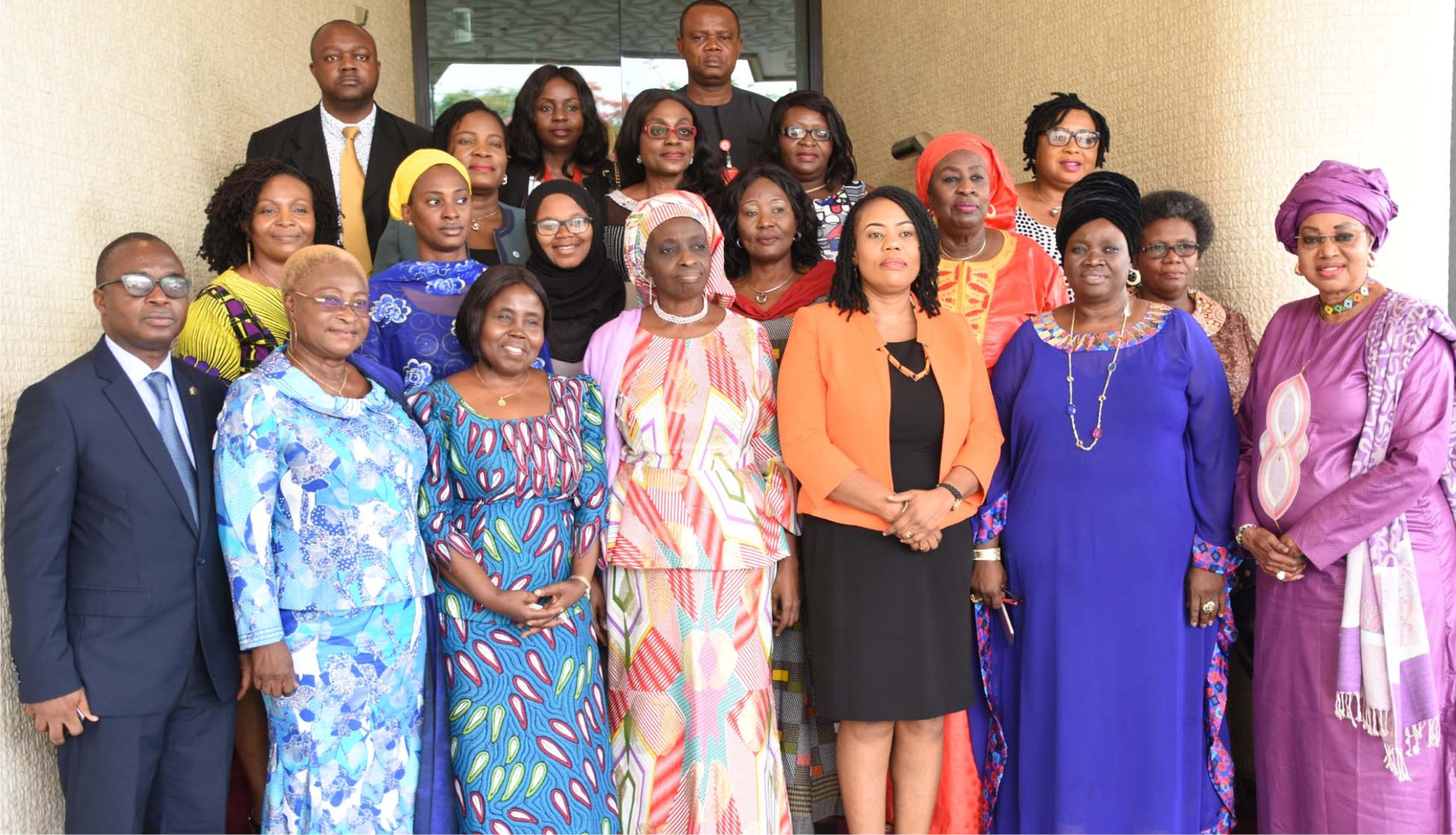Business
‘No Prepaid Meter, No Electricity Supply’

The management of Ikeja Electric has warned that consumers who fail to procure prepaid meters would no longer enjoy electricity supply.
Chief Executive Officer of Ikeja Electric, Mr Antnony Youdeowei, handed down the warning at the launch of its Meter Asset Provider (MAP) scheme in Ikorodu, Lagos.
The CEO who was represented at the flag-off ceremony by the Acting Chief Commercial Officer, Mr Ugochukwu Obi-Chukwu, said the Nigerian Electricity Regulatory Commission (NERC) mandate was for every Disco to meter all consumers under its network, saying Ikeja Disco was all out to carry out effective implementation of the directive.
MAP is a NERC approved meter vendor whose responsibility is to fund, procure and install meters on behalf of an electricity distribution company. Under the MAP regulation, they are also expected to maintain and ensure the integrity of the meters.
Obi-Chukwu, explained that CIG Metering Assets Nigeria Limited, New Hampshire Capital Limited and Mojec International Limited have been licensed by NERC to procure and install meters for IE customers under the MAP scheme.
He said contrary to insinuations that prepaid meters are free, Obi-Chukwu disclosed that procurement of same remained the responsibility of electricity consumers while customers applying for prepaid meters are expected to register.
Giving a breakdown of the cost implication, he said a single phase meter is N38,850 while a three phase meter would cost N70,350 inclusive of five percent Value Added Tax (VAT) of N1,850 and N3,350 respectively.
He disclosed that the target of Ikeja Electric was to meter about 30,000 consumers monthly which will be in phases, starting with customers under Shomolu, Abule-Egba and Ikorodu Business Units.
According to him, the deployment and installation of prepaid meters to customers in Ikorodu, which will be carried out by one of its MAPs, New Hampshire Capital limited, will commence on June 17th 2019 following the successful registration and subscription for meters by thousands of customers spread across Ikorodu and Epe.
Business
FEC Approves Concession Of Port Harcourt lnt’l Airport

Business
Senate Orders NAFDAC To Ban Sachet Alcohol Production by December 2025 ………Lawmakers Warn of Health Crisis, Youth Addiction And Social Disorder From Cheap Liquor

The upper chamber’s resolution followed an exhaustive debate on a motion sponsored by Senator Asuquo Ekpenyong (Cross River South), during its sitting, last Thursday.
He warned that another extension would amount to a betrayal of public trust and a violation of Nigeria’s commitment to global health standards.
Ekpenyong said, “The harmful practice of putting alcohol in sachets makes it as easy to consume as sweets, even for children.
“It promotes addiction, impairs cognitive and psychomotor development and contributes to domestic violence, road accidents and other social vices.”
Senator Anthony Ani (Ebonyi South) said sachet-packaged alcohol had become a menace in communities and schools.
“These drinks are cheap, potent and easily accessible to minors. Every day we delay this ban, we endanger our children and destroy more futures,” he said.
Senate President, Godswill Akpabio, who presided over the session, ruled in favour of the motion after what he described as a “sober and urgent debate”.
Akpabio said “Any motion that concerns saving lives is urgent. If we don’t stop this extension, more Nigerians, especially the youth, will continue to be harmed. The Senate of the Federal Republic of Nigeria has spoken: by December 2025, sachet alcohol must become history.”
According to him, “This is not just about alcohol regulation. It is about safeguarding the mental and physical health of our people, protecting our children, and preserving the future of this nation.
“We cannot allow sachet alcohol to keep destroying lives under the guise of business.”
According to him, “This is not just about alcohol regulation. It is about safeguarding the mental and physical health of our people, protecting our children, and preserving the future of this nation.
“We cannot allow sachet alcohol to keep destroying lives under the guise of business.”
Business
PHCCIMA Leadership Hails Rivers Commerce Commissioner for Boosting Business Ties …..Urges Deeper Collaboration to Ignite Economic Growth

-

 News3 days ago
News3 days agoPolice Arrest Sex Trafficking Syndicate, Rescue 15 Young Girls InOndo
-

 Maritime3 days ago
Maritime3 days agoCustoms Kaduna Command Generates ?5b Revenue In Oct
-

 Business3 days ago
Business3 days agoPHCCIMA Leadership Hails Rivers Commerce Commissioner for Boosting Business Ties …..Urges Deeper Collaboration to Ignite Economic Growth
-

 News2 days ago
News2 days agoLeague Holds Workshop On New Tax Reforms Act
-

 Nation3 days ago
Nation3 days agoHYPREP Probes Overhead Tank Collapse …Plans To Supply Water In 65 Ogoni Communities
-

 Sports2 days ago
Sports2 days ago50th Anniversary: Over 150 Golfers, 11 Countries Set For Ikoyi Ladies Golf Tourney
-

 News3 days ago
News3 days agoRSG CHARGES JOURNALISTS TO SHOWCASE GOVT PROGRAMMES
-

 Editorial3 days ago
Editorial3 days agoCertificate Forgery, Loss Of Public Trust

